Selecting the Appropriate Home Energy Storage Solution for Your Residential Property
Energy storage involves using batteries to store surplus electricity generated by renewable sources like solar panels. Residential systems typically include a battery pack, an inverter, and a monitoring system for tracking energy usage and battery performance.
Residential energy storage systems can be installed in homes with solar panels or used as standalone systems to store energy purchased from the grid during off-peak hours for use during peak hours. These systems offer several benefits, including reducing dependence on the grid, providing backup power during outages, and helping to reduce greenhouse gas emissions by storing excess renewable energy for later use. Additionally, some utilities offer incentives or rebates for homeowners who install energy storage systems, which can help offset the installation cost.
How to select the right residential energy storage system for homes?
Selecting the right energy storage system for your home requires considering several factors affecting the system’s efficiency, cost, and compatibility with your home’s energy needs. Here are some key factors to consider:
Energy Needs
Start by assessing your home’s energy needs, including your current energy usage, peak demand, and the appliances or devices you want to power during an outage. This will help determine the size and capacity of the energy storage system you need.
Battery Type
Different types of batteries are available, including lithium-ion, lead-acid, and flow batteries. Each has advantages and disadvantages regarding efficiency, lifespan, cost, and safety.
Capacity
The capacity of the RESS should be sufficient to meet the household’s energy needs during periods of low or no energy generation. The capacity of the RESS should be based on the average daily energy consumption of the household and the amount of energy generated by the renewable energy source.
System Efficiency
Look for a system with high energy efficiency, which can help reduce your energy bills and maximize the amount of energy stored and used.
Cost
Consider the upfront cost of the system, including installation costs and ongoing maintenance costs. Also, factor in any incentives or rebates that may be available to help offset the cost.
Compatibility with Existing Solar System
If you have a solar system, ensure the energy storage system you choose is compatible. Some systems may require additional components or modifications to work effectively with solar.
Warranty and Support
Check the warranty and support options offered by the manufacturer or installer. Look for a system with a long warranty and reliable customer support.
Brand Reputation
Research the brand’s reputation and customer reviews before making a decision. A reputable brand is likely to offer quality products and services.
Safety
Ensure that the energy storage system meets safety standards and has been certified by relevant authorities.
Hence, selecting the right energy storage system for your home requires careful consideration of your energy needs, the battery type, efficiency, cost, compatibility with your solar system, warranty and support, brand reputation, and safety. Get all the accessories and tools you need related to Residential Energy Storage making from our website.
Share this:
Solar Insights & Updates
Selecting the Appropriate Home Energy Storage Solution for Your Residential Property
Energy storage involves using batteries to store surplus electricity generated by renewable sources like solar panels. Residential systems typically include a battery pack, an inverter, and a monitoring system for tracking energy usage and battery performance.
Residential energy storage systems can be installed in homes with solar panels or used as standalone systems to store energy purchased from the grid during off-peak hours for use during peak hours. These systems offer several benefits, including reducing dependence on the grid, providing backup power during outages, and helping to reduce greenhouse gas emissions by storing excess renewable energy for later use. Additionally, some utilities offer incentives or rebates for homeowners who install energy storage systems, which can help offset the installation cost.
How to select the right residential energy storage system for homes?
Selecting the right energy storage system for your home requires considering several factors affecting the system’s efficiency, cost, and compatibility with your home’s energy needs. Here are some key factors to consider:
Energy Needs
Start by assessing your home’s energy needs, including your current energy usage, peak demand, and the appliances or devices you want to power during an outage. This will help determine the size and capacity of the energy storage system you need.
Battery Type
Different types of batteries are available, including lithium-ion, lead-acid, and flow batteries. Each has advantages and disadvantages regarding efficiency, lifespan, cost, and safety.
Capacity
The capacity of the RESS should be sufficient to meet the household’s energy needs during periods of low or no energy generation. The capacity of the RESS should be based on the average daily energy consumption of the household and the amount of energy generated by the renewable energy source.
System Efficiency
Look for a system with high energy efficiency, which can help reduce your energy bills and maximize the amount of energy stored and used.
Cost
Consider the upfront cost of the system, including installation costs and ongoing maintenance costs. Also, factor in any incentives or rebates that may be available to help offset the cost.
Compatibility with Existing Solar System
If you have a solar system, ensure the energy storage system you choose is compatible. Some systems may require additional components or modifications to work effectively with solar.
Warranty and Support
Check the warranty and support options offered by the manufacturer or installer. Look for a system with a long warranty and reliable customer support.
Brand Reputation
Research the brand’s reputation and customer reviews before making a decision. A reputable brand is likely to offer quality products and services.
Safety
Ensure that the energy storage system meets safety standards and has been certified by relevant authorities.
Hence, selecting the right energy storage system for your home requires careful consideration of your energy needs, the battery type, efficiency, cost, compatibility with your solar system, warranty and support, brand reputation, and safety. Get all the accessories and tools you need related to Residential Energy Storage making from our website.

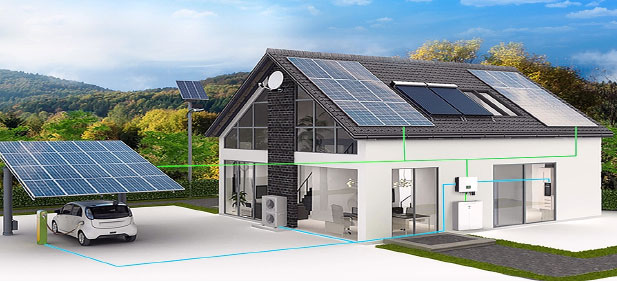
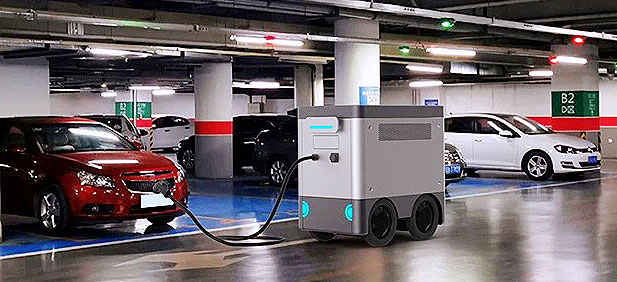










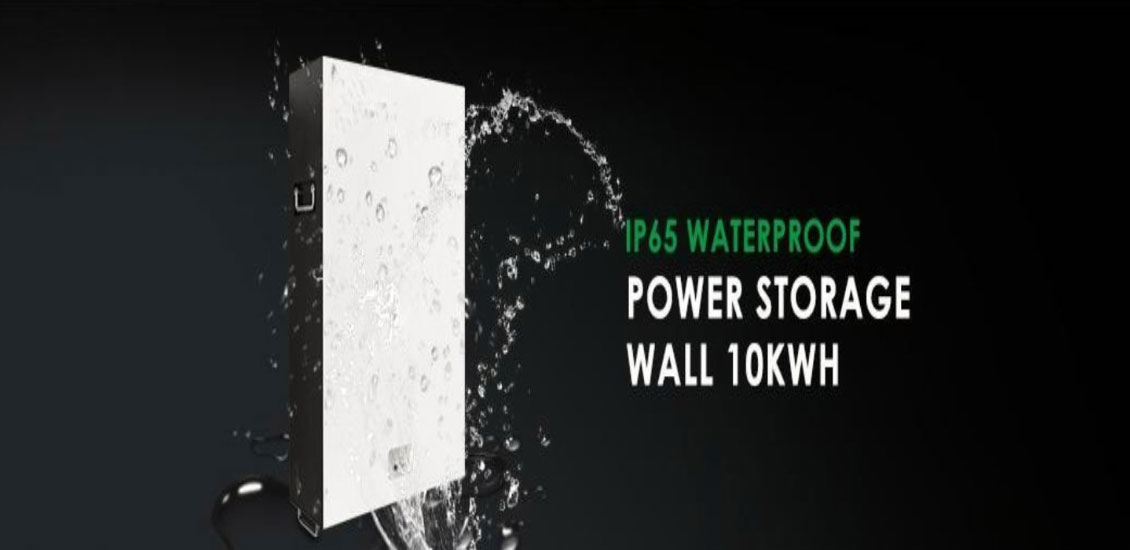

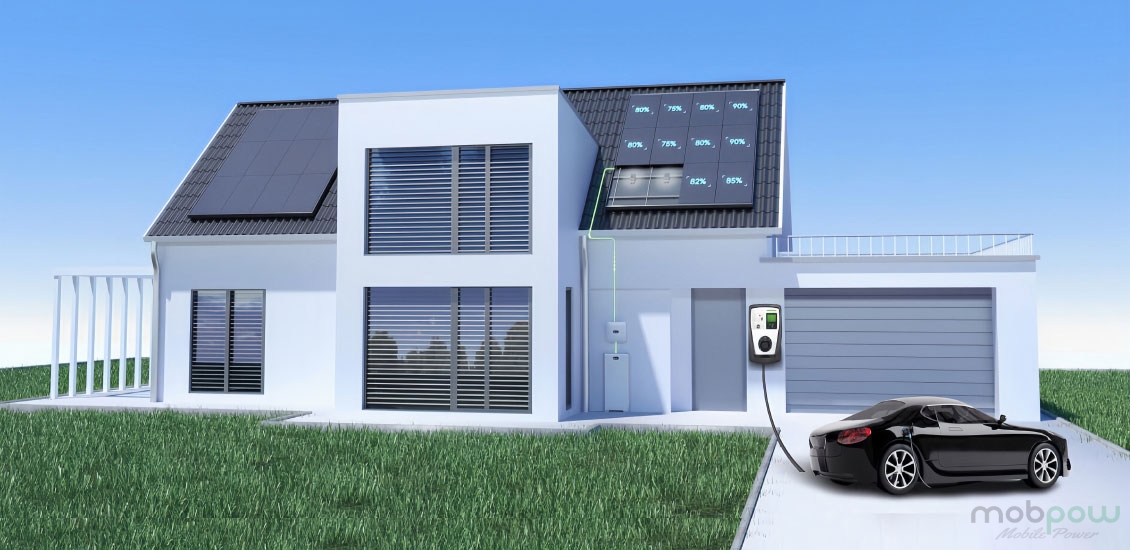
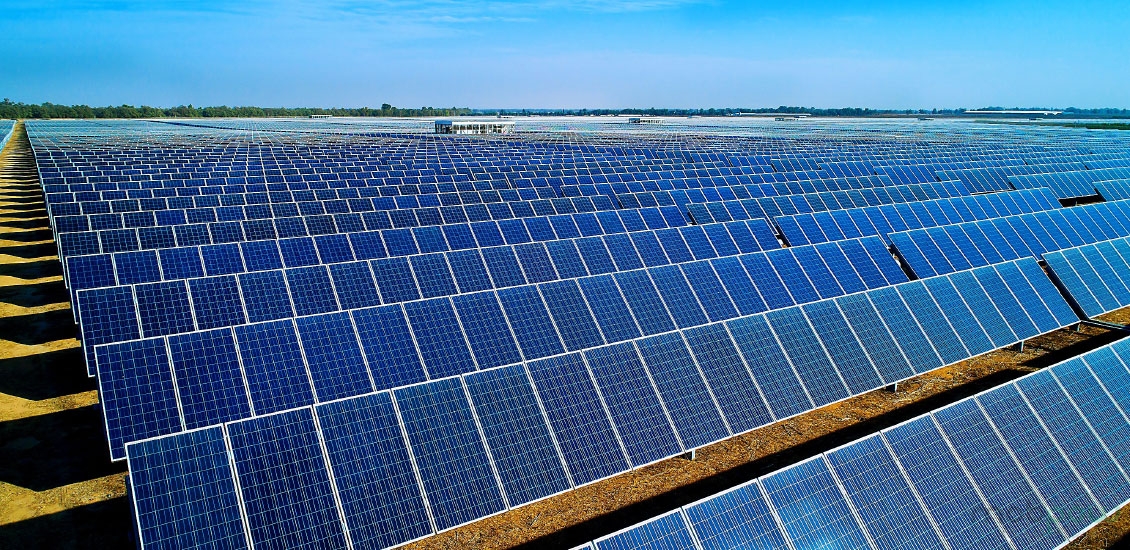

Smith Sunny says:
Smith Sunny says: